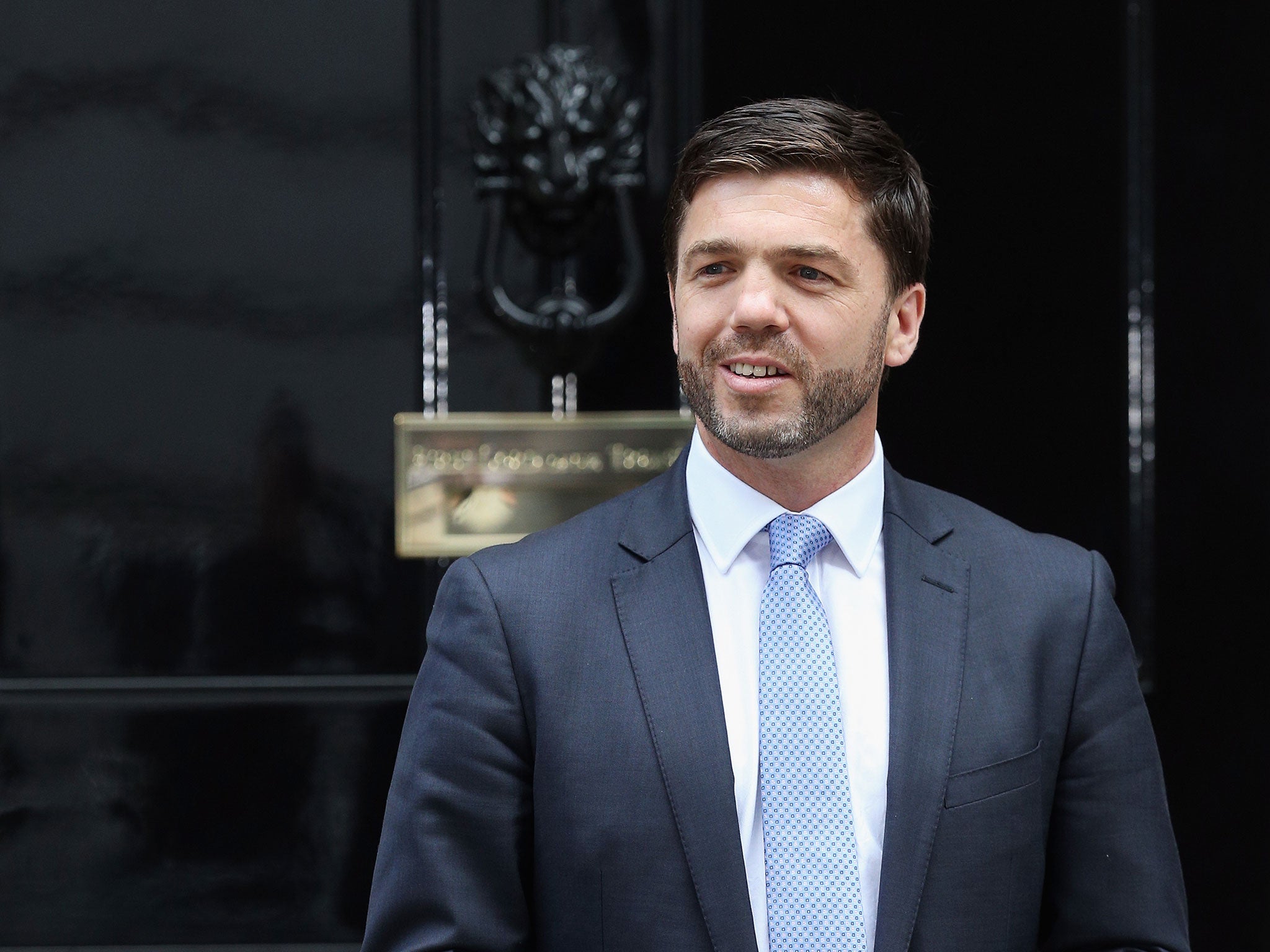Cabinet reshuffle: New Welsh Secretary Stephen Crabb described position as "meaningless" in Conservative Home article
Crabb succeeded David Jones on Monday

Stephen Crabb, who Prime Minister David Cameron promoted to Welsh Secretary as part of his wide-ranging cabinet reshuffle, once described his new post as “emptied” and “meaningless”.
Cameron announced on Monday that after two years in the role, now-former Welsh Secretary David Jones would be replaced by his deputy and Preseli Pembrokeshire MP Stephen Crabb.
In a statement released following the announcement, Crabb said it was a “huge privilege to join the Cabinet as Secretary of State for Wales”.
“I will build on the excellent work of my predecessor, David Jones, who achieved so much during his time as Welsh Secretary. He leaves a strong legacy to Wales, not least in breaking new ground in the devolution settlement by devolving tax powers to Wales," he added.
But in an article posted on the grassroots website Conservative Home in 2007, Crabb wrote a scathing critique of “confused and unstable devolution” for Scotland and Wales.
Describing how England needed a First Minister, akin to the position held by Scottish First Minister Alex Salmond, he added: “Reform of the relevant Whitehall machinery is also necessary.”
“The roles of Secretary of State for Scotland, Wales and (to a lesser extent) Northern Ireland have become emptied and somewhat meaningless under devolution.
“Peter Hain [former Labour Secretary of State for Northern Ireland, and Secretary of State for Wales] Labour did two of the jobs for almost three years. Throw in Scotland as well and we can have one streamlined Department of Celtic Affairs. A reduction in the number of MPs in Wales and Scotland would go hand-in-hand with this," he said.
In the piece entitled The devolution experiment is leading to socialism and separatism, he added that the transfer of powers from Westminster had created a politics based “overwhelmingly” around “calls for greater public expenditure” and “freebies,” including free prescriptions and swimming lessons for select citizens.
“Devolution has the potential to cause huge and permanent damage to our country. The United Kingdom is being slowly dismembered and hollowed-out in full view, and with the tacit consent, of the political classes,” he went on.
While he suggested the introduction of “limited fiscal devolution” could “re-balance” the system, he added he was “not convinced” this would make it “ultimately safe.”
“[Then Prime Minister Gordon] Brown and his Labour colleagues have sown the seeds of deep division and resentment and set in motion the break-up of the Union,” he concluded.
Subscribe to Independent Premium to bookmark this article
Want to bookmark your favourite articles and stories to read or reference later? Start your Independent Premium subscription today.

Join our commenting forum
Join thought-provoking conversations, follow other Independent readers and see their replies